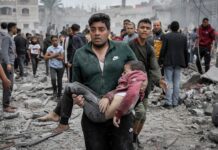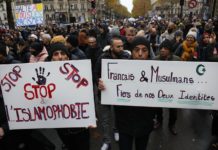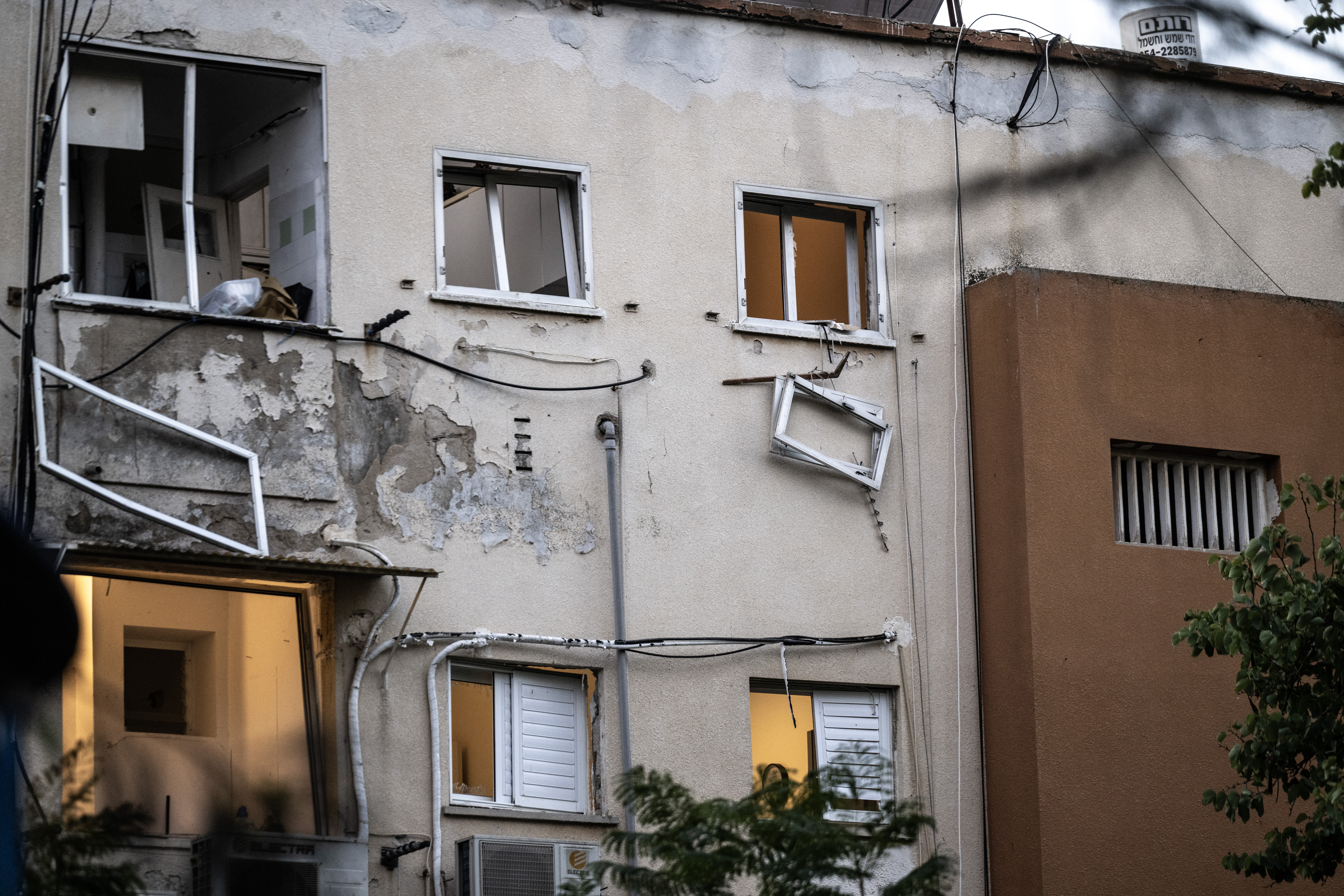Comoros has the freest media of any Muslim nation in the world, according to a report by Reporters Without Borders (RWB).
The island off the east coast of Africa came 44th in the annual list which was dominated by wealthy, peaceful, stable European countries and was headed by Norway.
All Muslim countries were all heavily criticised by the organisation for their lack of commitment to media freedom, and although Comoros headed the list of Muslim nations, RWB criticised it as well.
“Although the constitution guarantees media freedom, Comoros suffers from a climate of self-censorship that is due to the archipelago’s small size and population (less than 1 million),” the report said. “New media outlets have nonetheless appeared in recent years thanks to donations and local initiatives. Journalists are spared physical violence but they suffer from a lack of resources and access to state-held information.”
Major Muslim countries were heavily censored in the report and 37 of them appeared in the bottom half of the list. The Middle East and North Africa region, which has ongoing wars in Yemen as well as Syria, continues to be the world’s most difficult and dangerous region for journalists.
Turkmenistan (178th place), was the lowest ranked Muslim nation. “The government controls all media and the rare Internet users are able to access only highly-censored online content… Harassment of the few journalists working clandestinely for media outlets based abroad keeps growing… The authorities are continuing a campaign of removing satellite dishes, depriving the population of one of the remaining ways to access uncontrolled news coverage.“
Pakistan (139th place) has “a media which is regarded as among the freest in Asia but are targeted by extremist groups, Islamist organizations, and the feared intelligence agencies… There are fatal attacks on journalists every year, though the number has dropped for the past four years.“
Subscribe to our newsletter and stay updated on the latest news and updates from around the Muslim world!

Bangladesh (146th place) has a government which “does not take kindly to criticism of its Constitution or its state religion, Islam. Journalists and bloggers who resist censorship or self-censorship on these subjects risk life imprisonment, the death penalty, or murder by Islamist militants, who often issue online calls for the deaths of outspoken secularist bloggers and writers. There is real pluralism, but media self-censorship is growing as a result of the endemic violence against journalists and media outlets, and the systematic impunity enjoyed by those responsible.”
Media in Turkey (155th place) has been subject to a “witchhunt waged by President Recep Tayyip Erdogan’s government” since the abortive coup of July 2016. “The authorities have used their fight against ‘terrorism’ as grounds for an unprecedented purge. A state of emergency has allowed them to eliminate dozens of media outlets at the stroke of a pen, reducing pluralism to a handful of low-circulation publications. Dozens of journalists have been imprisoned without trial, turning Turkey into the world’s biggest prison for media personnel.”
In Iran (165the place) “media are mostly under the Islamic regime’s close control and there has been no let-up in the persecution of independent journalists, citizen journalists, and media outlets. Media personnel are still constantly exposed to intimidation, arbitrary arrest, and long jail sentences imposed by revolutionary courts at the end of unfair trials. Despite an improvement in its international relations, Iran continues to be one of the world’s five biggest prisons for media personnel.”
And Saudi Arabia (168th place) “has no independent media, the authorities tolerate neither political parties, unions, nor human rights groups, and the level of self-censorship is extremely high. The Internet is the only space where freely-reported information and views can circulate, albeit at great risk to its citizen journalists.”
Meanwhile, the United Kingdom only came 40th in the list because “of its heavy-handed approach towards the press – often in the name of national security.”
The report said that “Parliament adopted the most extreme surveillance legislation in UK history, the Investigatory Powers Act, with insufficient protection mechanisms for whistleblowers, journalists, and their sources, posing a serious threat to investigative journalism. Even more alarming, the Law Commission’s proposal for a new ‘Espionage Act’ would make it easy to classify journalists as ‘spies’ and jail them for up to 14 years for simply obtaining leaked information.”




















